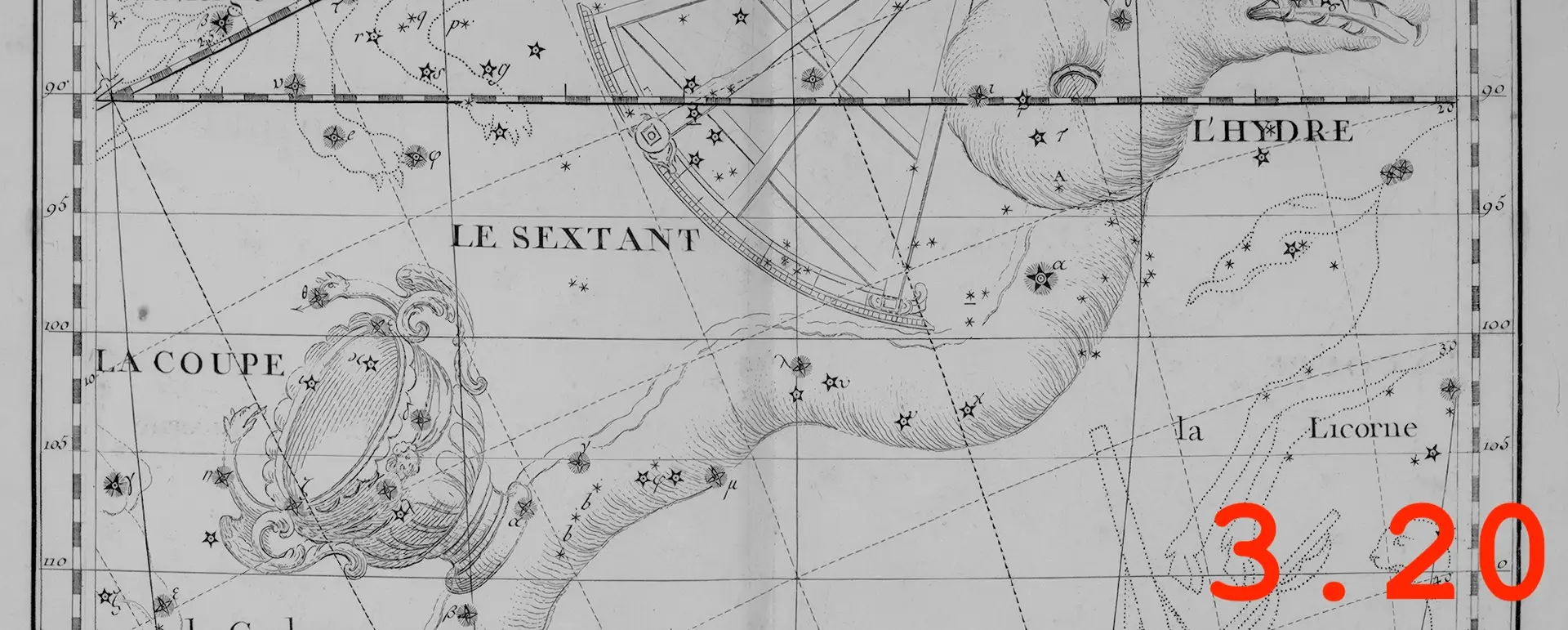
Thank you for confirming your subscription.
I’m so glad to have you aboard the Idea Sled.
You can explore past newsletters below.
Archive

Everybody’s Talking About…
When market chatter heats up, real thought leadership isn’t reactive—it’s anchored, deliberate, and strategic. This piece outlines how to build sharper insight by developing your ecosystem quotient, aligning internal and external thinking, and knowing when silence speaks louder than noise.

How to Be a Thinking Partner
The most effective thought leadership begins long before the writing starts. Explore how marketers and writers can elevate their role by becoming strategic thinking partners—shaping ideas, uncovering pressure points, and building long-term influence through insight.

Quantum Thought Leadership
In high-stakes markets, thought leadership isn’t just about sharing insights—it’s about shaping the very frameworks through which decisions are made. Drawing on quantum theory, this piece explores how influence, perception, and co-creation entangle to redefine what leadership means in complex systems.

The Way of Care
Thought leadership isn’t just a project—it’s a practice of attention and responsibility. When rooted in care, it helps others navigate complexity, make better decisions, and trust your clarity. That’s not just communication; it’s stewardship.

A Manifesto for Idea-Bait
Thought leadership shouldn’t chase metrics. It should shift minds. Idea-bait replaces content for content’s sake with precise, conviction-led thinking that influences decisions and reshapes industry conversations. This manifesto charts the path forward.

Saying, Becoming
When thought leadership is crafted with care, saying becomes a form of doing. A strong point of view doesn’t just communicate—it reorients the business from within, shaping decisions, culture, and client conversations. Strategic language becomes infrastructure.
